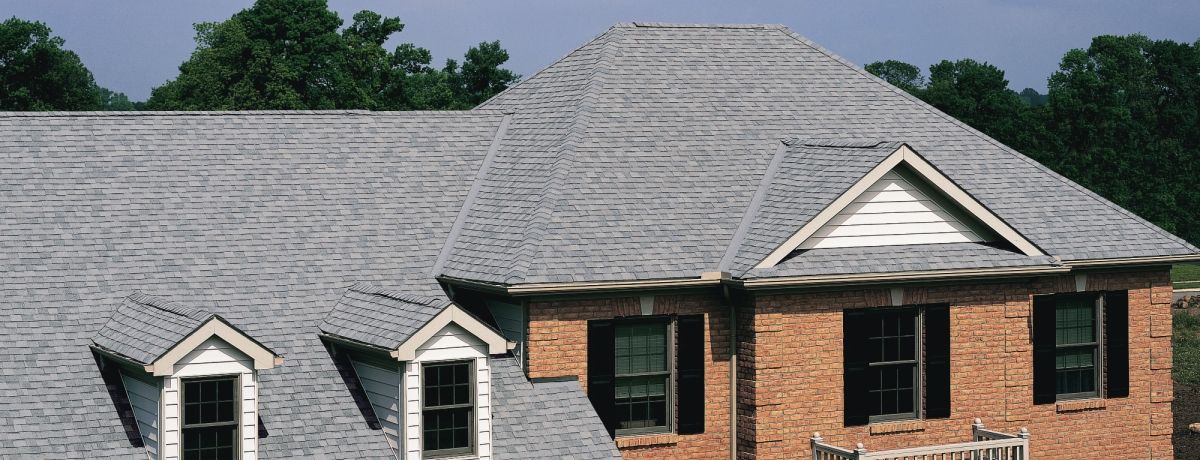Understanding how long a roof typically lasts and the factors that influence its lifespan can help you make informed decisions about maintenance, repairs, and replacements. At Aces Roofing, we are committed to providing you with the knowledge you need to keep your roof in top condition.
Average Lifespan of Different Types of Roofs
- Asphalt Shingles: The most common roofing material in North America, asphalt shingles typically last between 20 to 30 years. Their affordability and ease of installation make them a popular choice for many homeowners.
- Metal Roofs: Known for their durability, metal roofs can last anywhere from 40 to 70 years. They are resistant to extreme weather conditions and require minimal maintenance, making them a long-term investment.
- Wood Shingles and Shakes: Offering a natural and rustic appearance, wood shingles and shakes have a lifespan of about 20 to 40 years. Proper maintenance, such as regular cleaning and sealing, is essential to prevent issues like rot and insect damage.
- Clay and Concrete Tiles: These heavy-duty roofing materials can last between 50 to 100 years or more. Their durability and resistance to fire and rot make them ideal for various climates, although they require a strong underlying structure due to their weight.
- Slate Roofs: Renowned for their longevity, slate roofs can last over 100 years. They are incredibly durable and provide a classic, elegant look, but their high cost and weight are considerations for homeowners.

Factors That Affect Roof Lifespan
Understanding the specific coverage of each warranty is essential to making the most of them:
- Climate: Extreme weather conditions, such as heavy rain, snow, hail, and high winds, can significantly impact a roof’s lifespan. UV rays from the sun can also cause materials to degrade over time.
- Installation Quality: Proper installation by experienced professionals, like the team at Aces Roofing, is crucial for the longevity of your roof. Poor installation can lead to issues such as leaks, premature wear, and structural damage.
- Ventilation: Adequate ventilation helps regulate temperature and moisture levels in your attic, preventing problems like mold growth and ice dams, which can shorten your roof’s lifespan.
- Maintenance: Regular maintenance, including inspections, cleaning, and minor repairs, can extend the life of your roof. Addressing small issues before they become major problems is key to preserving your roof’s integrity.
- Roof Pitch and Design: The slope and design of your roof can influence its durability. Steeper roofs tend to shed water and snow more effectively, reducing the risk of leaks and water damage.
- Material Quality: The quality of the roofing materials you choose will have a direct impact on how long your roof lasts. Investing in high-quality materials can provide better performance and longevity.
Conclusion
Understanding the typical lifespan of different roofing materials and the factors that affect their longevity is essential for homeowners. At Aces Roofing, we are dedicated to helping you maintain a durable and long-lasting roof. Whether you need a new roof installation, repairs, or maintenance services, our team of experts is here to assist you. Contact us today to learn more about how we can help protect your home for years to come.
